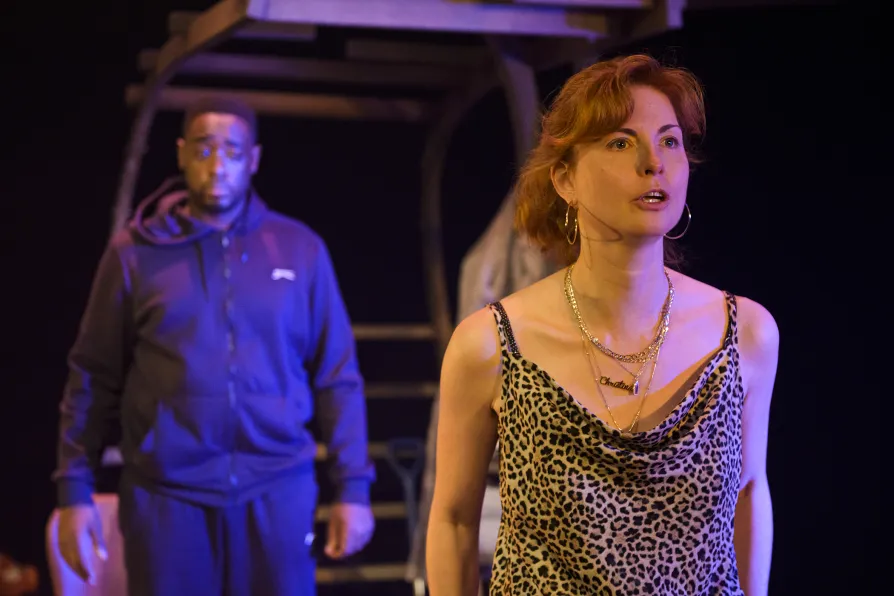STEPHANIE DENNISON and ALFREDO LUIZ DE OLIVEIRA SUPPIA explain the political context of The Secret Agent, a gripping thriller that reminds us why academic freedom needs protecting

 HARD-WORKING: Reece Pantry and Clare-Louise English
[Patrick Baldwin]
HARD-WORKING: Reece Pantry and Clare-Louise English
[Patrick Baldwin]
IN ONE Under, a paranoid young man unexpectedly throws himself in front of a train and those affected adopt contrary and sometimes conflicting mechanisms in order to come to terms with the tragedy in Winsome Pinnock’s reworking of her 2005 play.
Staged as a series of duologues between the characters before and after the suicide, it’s a play that never really ignites. The concept is fascinating but the characters rarely break free of the contrived dialogue and while the cast works hard to give their roles traction their lines frequently serve the theatrical conceit at the expense of empathetic characterisation.
Stanley Browne’s tortured train driver creates a fantasy around the dead boy that requires Shenagh Govan as his adoptive mother and Evlyne Oyedokun as her other adopted child to play along. Inevitably, tensions ensue.

MARY CONWAY revels in the Irish American language and dense melancholy of O’Neill’s last and little-known play

SIMON PARSONS applauds an imaginative and absorbing updating of Strindberg’s classic











